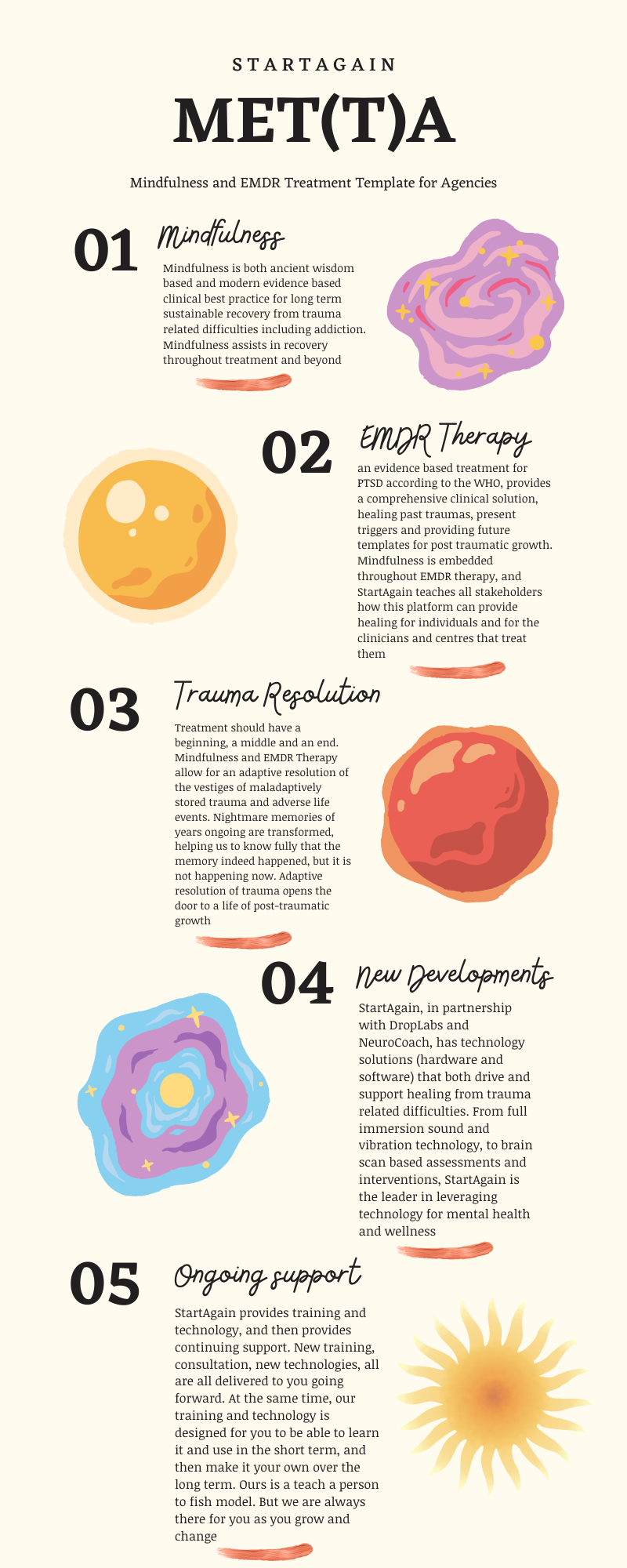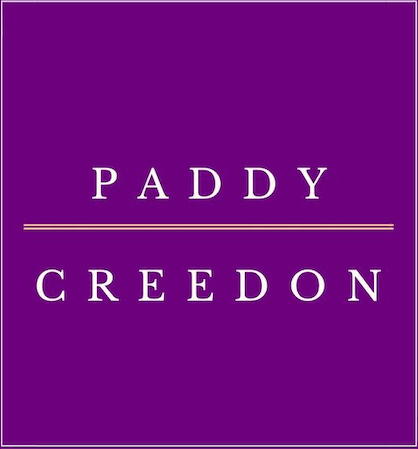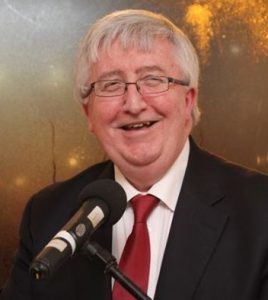Intergenerational Trauma and Me
During “Sweet October” (thank you Aoife Scott for this song title and beautiful lyrics), I celebrate two milestones:
1. My “Freedom Birthday” all on the one day across three locations in Dublin, Maynooth and London with family and friends, who continue to be the rock on which I cling onto in all sorts of weather.
2. Begin to work on a new Trauma Resolution Project that brings expertise, training and new knowledge into the world of addiction recovery and the wider mental health arena.
The later milestone, Trauma Project, is one that has resonated with me throughout different parts of my life.
Generational Trauma
On one of our many journeys returning back to our home in Dublin from Tarbert in the early 1990’s, my son Brendan (then around 10 years old) said “Dad, I shook the hand of someone today who knew someone who lived through the famine.” He was referring to his grand uncle Mick who was talking about my great grandfather, Cornelius.
The Great Famine, also known as the Great Hunger, the Famine or the Irish Potato Famine, was a period of mass starvation and disease in Ireland from 1845 to 1852 and perhaps the biggest trauma event in our long history as a struggling people. By the time the famine ended in 1852 approximately 1 million people had died in Ireland due to starvation or disease. This was about one-eighth of the island’s population. By 1855 about 2 million people had fled from Ireland. Overcrowded and poorly managed vessels which were called “coffin ships” caused numerous deaths of emigrating Irish people. Even today, more than 150 years later, Ireland’s population has still not recovered its pre-famine level. (Source: Wikipedia)
We were in Lislsughtin Abbey in Ballylongford visiting our family Graves and ran into my Uncle Mick, the youngest in my Dads family of 11 children. Mick Creedon was born in 1916 in Ballylongford and Cornelius was buried there in 1929 – Mick, then 13 years old recalled the funeral and burial of my Great grandfather with a clarity that was compelling listening even for 10 year olds.
Also buried there in one of five family graves is my Uncle Johnny, who died at the age of 22 from what reports in the local media referred to as deprivations whilst being imprisoned in Limerick Gaol from 1922- 1925. His mother, my grandmother Ellen, shares the same final resting spot with him in Lislaughtin Abbey.
On my maternal side, my grandmother lost the man she was engaged to one of many summary executions during the war of independence in 1921 in Dunmore in Co. Galway. On hearing the news, she lost her hearing. She married my grandfather on Easter Monday 1922 – hence I am able to tell this story. You can read more about this incredible story here.
Trauma Healing
So a little or not so little inter generational family traumas to add to the wider trauma impact left behind after Famine, wars for our independence, civil and economic wars, two World Wars and the Troubles in Northern Ireland until Peace arrived across our small Island on Good Friday, 10th April 1998.
We still grapple with the devastation caused by ourselves to ourselves by the many of our Institutions, including church, educational and judicial legacies. Systems and structures that once blindly provided cover for violence, coercive control and abuse until we collectively shouted Stop!
In a post Covid landscape, where does that leave us:
- Free again and moving into the new normality of vaccinations and masks in public places
- A little more uncertain about our future, wellness and wellbeing… a little more anxious and a bit more trauma aware
- An opportunity to write a better future for the generations to come
As I begin working on the Trauma Resolution Project, I would like to share with you the foundations of this exciting breakthrough in the recovery world. With thanks to Dr. Steven Dansiger and Dr. Colleen Kelly at Start Again Associates for giving me the opportunity to be part of their team.

* Watch this space for future updates on progress *






